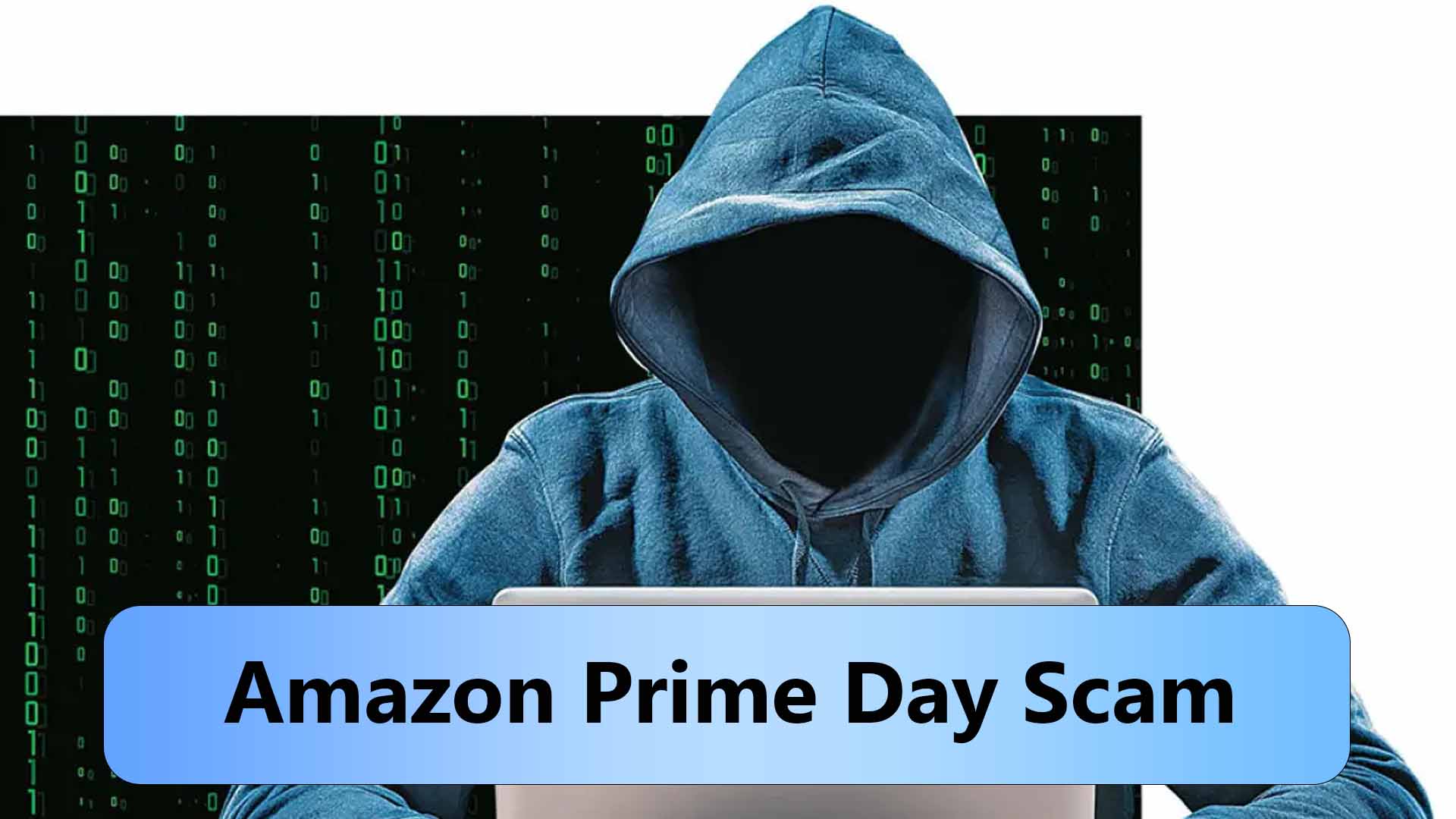Amazon Prime Day is an exciting event that offers incredible deals and discounts exclusively for Prime members. As the shopping extravaganza approaches, it’s crucial to stay vigilant against potential scams and fraudulent activities targeting unsuspecting shoppers. In this article, we will discuss the importance of being cautious and provide valuable tips to protect yourself from fake texts and delivery scams during Amazon Prime Day.
Fake Texts and Delivery Scams: What to Avoid
In recent times, many individuals have reported receiving suspicious text messages regarding their orders or package deliveries. These messages often claim to be from reputable sources like the U.S. Postal Service, UPS, or even Amazon itself. However, it’s essential to be aware that these texts are scams designed to deceive and defraud innocent consumers.
Upon receiving such texts, it is highly recommended to ignore and delete them immediately. Clicking on the provided links can expose you to various risks, including identity theft, unauthorized access to personal information, and financial fraud. Remember, Amazon will never request sensitive information or ask you to click on suspicious links.
Protecting Yourself: Best Practices
During Amazon Prime Day, scammers may attempt to impersonate not only Amazon but also other renowned retailers such as Walmart, Target, Best Buy, and delivery services. To safeguard yourself from falling victim to these fraudulent schemes, it’s crucial to adopt a cautious approach and follow these guidelines:
1. Exercise Caution with Suspicious Messages
If you receive a text or email claiming to be from Amazon, ensure that you have an active Amazon account before taking any action. Be skeptical of messages that state there’s an issue with your account or request urgent action. Legitimate communication from Amazon can always be verified through their official website or by contacting their customer support directly.
2. Beware of Lookalike Websites
Scammers often create fake websites that mimic the appearance of well-known retailers. When visiting an online store, scrutinize the URL carefully. Fraudulent websites may have minor alterations in the domain name or add words like “online” to the brand name. Verify the website’s authenticity by checking for accurate spelling, legitimate contact information, and customer service details. Trust your instincts and avoid deals that seem too good to be true.
3. Exercise Caution with Online Purchases
When making online purchases, it’s crucial to verify the credibility of the seller. Anyone can use stolen images to promote counterfeit or nonexistent products. Be cautious when encountering items that are sold out everywhere but suddenly available at heavily discounted prices. Remember, if a deal appears too good to be true, it probably is.
4. Be Aware of Stolen Merchandise
Some scammers steal goods and attempt to sell them online at attractive prices. Counterfeit products, particularly popular brands like Nike, NFL, Apple, Louis Vuitton, Tiffany, and LEGO, are often targeted by fraudsters. Stay vigilant and be wary of purchasing items from unofficial channels or unauthorized sellers.
Conclusion
As Amazon Prime Day approaches, scammers are on the lookout for unsuspecting individuals to exploit. By staying informed and following the guidelines mentioned above, you can protect yourself from falling victim to fake texts and delivery scams. Remember, genuine communication from Amazon will never ask for personal information or urge immediate action. Stay safe, enjoy the amazing deals available, and have a fantastic Amazon Prime Day!


